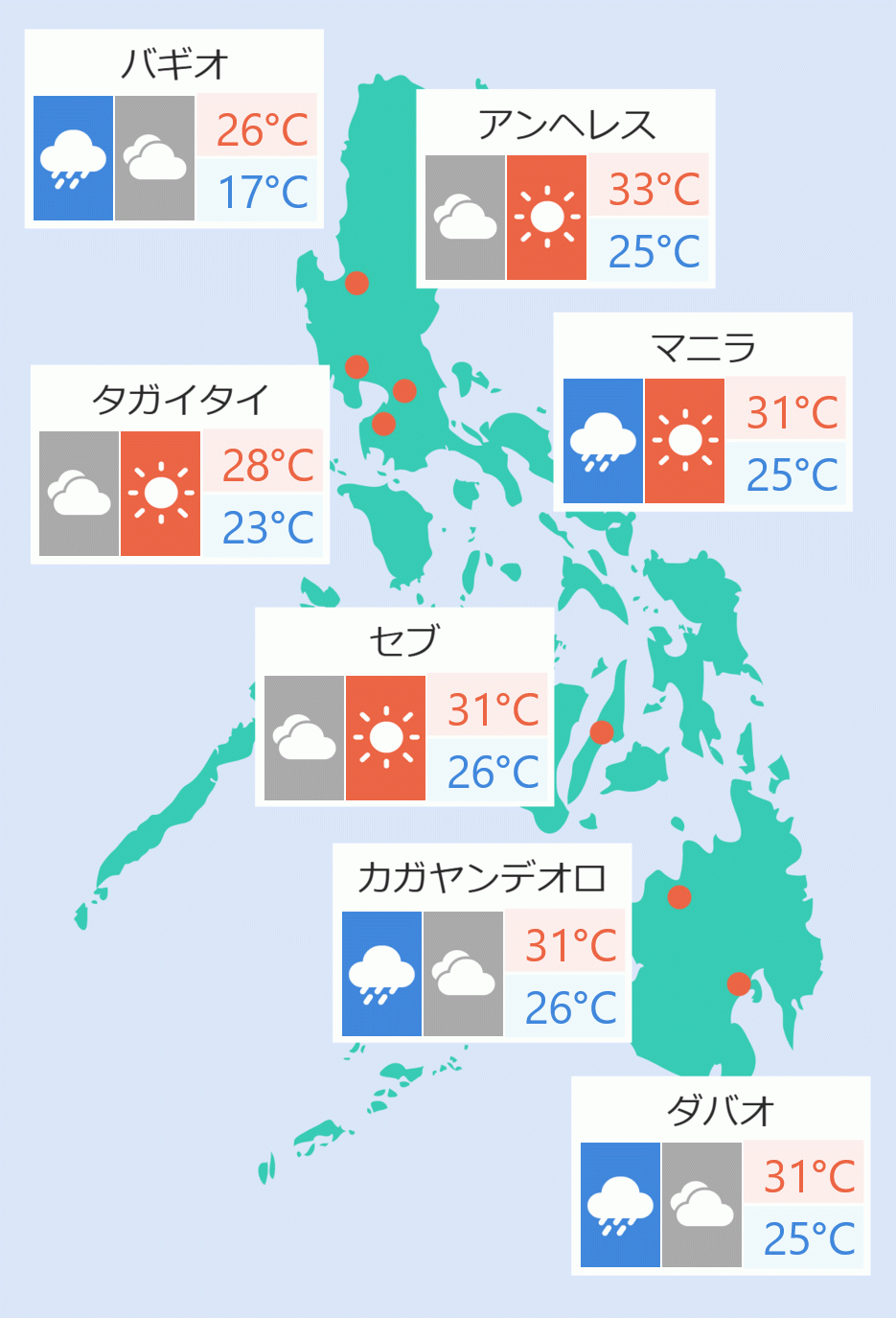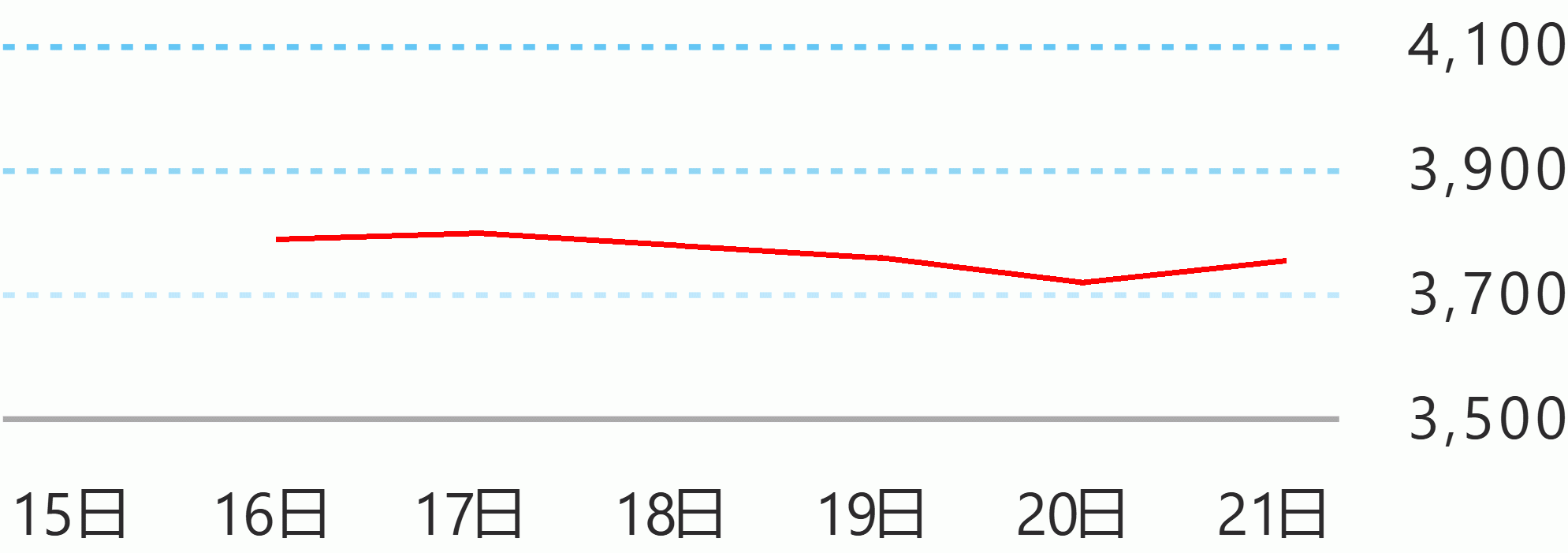Special Advisor to the Prime Minister of Japan Dr. Mori Masafumi renewed the Japanese government’s commitment to development cooperation with the Philippines during the 13th Philippines-Japan High-Level Meeting of the Joint Committee on Infrastructure Development and Economic Cooperation, held on November 4 in Ayuntamiento de Manila.
“Let me emphasize that this administration’s commitment to the Philippines remains unchanged under the Marcos presidency,” said Dr. Mori in his welcoming remarks.
Japan is the Philippines’ number one official development assistance (ODA) partner, whose support has contributed to projects in infrastructure development, investment readiness, disaster risk mitigation and management, food security, education, health, maritime safety, and peace and development in Mindanao.
“The Philippines and Japan have built strong economic, political, and cultural ties that span generations. We are grateful for the unrelenting support of the Japanese government to the Philippines’ development agenda over the years,” said Finance Secretary Benjamin Diokno, who chaired the high-level meeting.
Since 2017, the governments of Japan and the Philippines have cooperated on the timely implementation of major infrastructure projects such as the North-South Commuter Railway Projects and the Metro Manila Subway Project Phase I.
The Japanese government has followed through on the completion and inauguration of ten loan-assisted projects from the previous administration amounting to P93.071 billion or the equivalent of $1.58 billion.
In his presentation, Diokno briefed the Japanese government delegation on the Philippines’ Medium-Term Fiscal Framework, which outlines the government’s plan to reduce the fiscal deficit, promote fiscal sustainability, and enable robust economic growth.
He shared that the Philippines will focus on high public infrastructure spending to stimulate growth, maintaining expenditure at 5 to 6 percent of gross domestic product (GDP) annually.
National Economic and Development Authority (NEDA) Undersecretary Joseph Capuno added, “To meet the infrastructure spending requirements, this administration aims to carry out a more holistic approach by encouraging more solicited Public-Private Partnership (PPP) infrastructure projects, and provide support to local government units to effectively increase their share in infrastructure spending.”
Representatives from Philippine government agencies presented updates on proposed key infrastructure development projects.
Department of Transportation (DOTr) projects include: New Bohol Airport Construction and Sustainable Environment Protection Project; Metro Rail Transit Line 3 Rehabilitation Project; Light Rail Transit Line 2 East Extension Project; Maritime Safety Capability Improvement Project Phase I; Maritime Safety Capability Improvement Project Phase II; and New Communications, Navigation, Surveillance/ Air Traffic Management (CNS/ATM) System Development Project
Department of Public Works and Highways (DPWH) projects include: Arterial Road Bypass Project Phase II; Pasig-Marikina River Channel Improvement Phase III; and Flood Risk Management Project (FRIMP) in Cagayan, Tagoloan, and Imus rivers.
The Mindanao Sustainable Agrarian and Agriculture Development Project of the Department of Agrarian Reform (DAR), support for the Mindanao peace process, and sectoral cooperation updates on Subic Bay, New Clark City, and Tunnel Operation and Maintenance were also discussed.
Diokno firmly stated that a clear process in both the provision and acceptance of grants for Japan-supported projects should be strictly held in place.
Dr. Masafumi said that the high-level meeting has been insightful in determining the assistance needs of the Philippines in its pursuit of upper middle-income status.
“I am pleased to see that the long-standing partnership between the Philippines and Japan has remained strong throughout transitions in the leadership of both of our countries,” said Diokno in parting.
Specific priority areas of cooperation and pipeline projects shall be identified and mutually agreed upon in the next bilateral meeting, which will be hosted by the Government of Japan in Tokyo at a later date.
The Japanese government delegation included representatives from the Office of the Prime Minister, Ministry of Foreign Affairs, Ministry of Internal Affairs and Communications, Ministry of Finance, Ministry of Economy, Trade and Industry, Agency for Natural Resources and Energy, Ministry of Land, Infrastructure and Tourism, Ministry of Environment, Japan Bank for International Cooperation (JBIC), Japan International Cooperation Agency (JICA), Japan Overseas Infrastructure Investment Corporation for Transport and Urban Development (JOIN), and the Embassy of Japan in the Philippines.
The Philippine government was represented by officials from the Department of Finance (DOF), NEDA, Department of Budget and Management (DBM), DOTr, DPWH, Bases Conversion and Development Authority (BCDA), Office of the Press Secretary (OPS), Department of Energy (DOE), Task Force Bangon Marawi, Department of Environment and Natural Resources (DENR), Department of Information and Communications Technology (DICT), Subic Bay Metropolitan Authority (SBMA), and Department of Foreign Affairs (DFA). DOF Communications Division




 English
English









